Most businesses believe that they need a certified coder or a web developer to build a website. But the truth is, websites can be built without hiring a web developer. This is possible with the help of a Content Management System platform. Content Management System (CMS) is a software that helps marketers create, manage, and modify content on a website without the need for specialized coding knowledge.
A CMS allows you to add, update, delete web pages and other website content without having to know HTML, CSS or other programming languages. It isn’t limited to a backend management interface but also helps you deliver the best user experience. CMS stores all your web content in one place and supports collaboration across teams, offers templates to simplify website building, and also enables customisation. With numerous tools, plugins, templates, etc on offer, a CMS saves a lot of your time and money.
What Makes CMS a Go-to Tool for Building and Managing Websites?
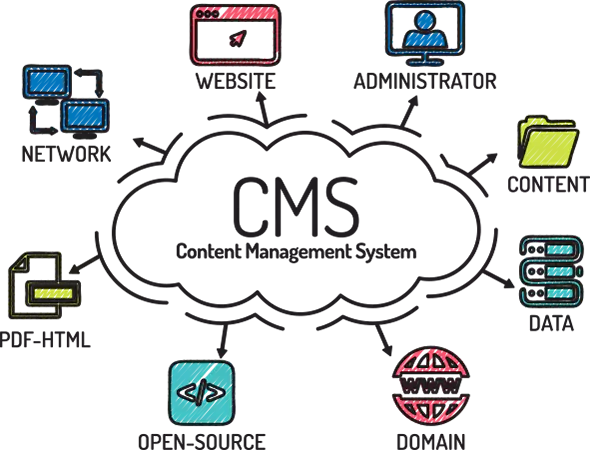
Image Source: Elfsight Magazine
- CMS is easy to navigate and use without the need for any training.
- A CMS lets marketers customise their website including elements like design, look, and layout.
- Users with limited technical knowledge can also build a compelling website in a short period.
- CMS provides effective tools and plugins that are designed specifically to strengthen your website’s security.
- Updating a website becomes much faster and easier with the pre-designed templates and user-friendly dashboards of a CMS.
Before choosing a CMS to build your website, you must consider a few things including – What features are you looking for? Do you want to spend time on development or go ahead with a ready-to-use template? What are the plugins that you are looking for? Apart from this, it is important to assess if you will require a blog section, photo gallery, online store (eCommerce), contact form, SEO and social media features, etc.
Depending on all these factors, you can start hunting for a CMS that best suits your website requirements. Here are the 5 of the best CMS platforms that can assist you in your website building efforts.
5. Drupal: Helping You Deliver Excellent Digital Experiences
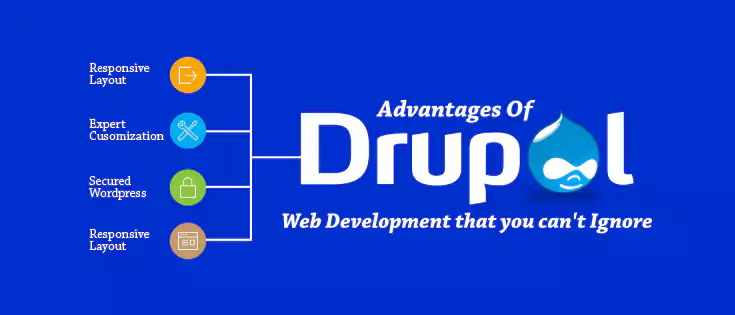
Image Source: Jessica Nail
Drupal is a customisable content management system that can help users by effectively providing multichannel, personalised experiences to connect with their customers. With its flexible taxonomy system, Drupal users can easily manage websites stuffed with large amounts of content. It also comes with a built-in user access system that gives users plenty of control over their website.
With Drupal’s scalability, you can be sure of delivering a great user experience even during extreme traffic bursts. Drupal also enables users to build complex multilingual websites easily and much quickly. It also consists of specialised tools for content management, workflow and publishing to streamline the job of content creators. However, in comparison with most other CMS platforms, Drupal has a limited number of third-party modules, which can be detrimental to website performance.
4. Squarespace: Reliable CMS to Build Feature-rich Websites
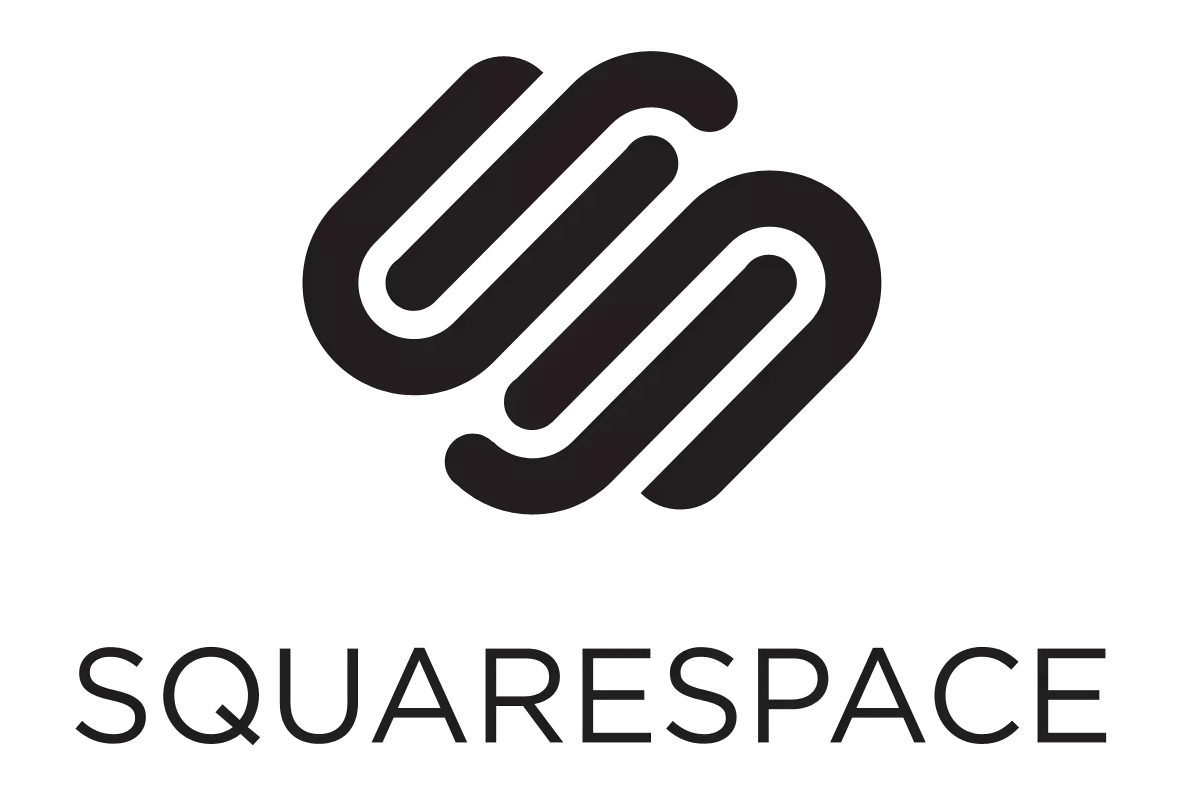
Image Source: Squarespace
Establish and maintain an excellent digital presence by building your website with Squarespace. With numerous templates on offer, Squarespace makes it possible for users to create a customised website that is in line with their style and business needs. It has had an additional e-commerce plan which allows you to add an online store to your website.
Squarespace offers limited integrations with third-party services which might act as a hurdle in growing your business. With Squarespace, you can use the drag and drop feature to perfectly create your desired layouts on the website. The payment gateway options available with Squarespace are also quite limited – such as Stripe, Apple Pay, and PayPal.
3. Shopify: Creating Customised E-commerce Websites is Now Easier

Image Source: Doofinder
Shopify is an extremely useful CMS platform that is exclusively used to build online stores and eCommerce websites. Comprising a wide range of features, Shopify enables you to have complete control over your website’s navigation. It is one of the most preferred website building platforms as it offers an integrated payment solution called Shopify Payments.
You can add your creativity personalised creative elements to your e-commerce website as Shopify comes with numerous editable themes and design layouts to choose from. But, when it comes to pricing, Shopify is a bit more expensive than most other website building platforms. Also, Shopify users face troubles when trying to transfer their website to another domain or hosting.
2. Joomla: Offering Unparalleled Solutions to Build Your Dream Website
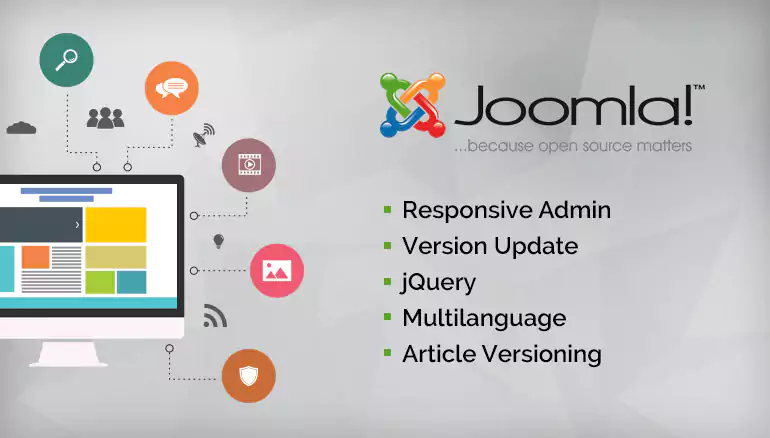
Image Source: RSJoomla
Consisting of thousands of templates and extensions, Joomla is an open-source CMS that makes sure that the power of your website is always in your hands. This efficient CMS platform comes with a powerful admin interface that is user-friendly and easy to customize. It can manage a large number of articles and also help you monetise your website with ads.
With the Joomla platform, migrating to any other platform requires minimum time and effort. It also supports more than 70 translation packs for multilingual content management. However, when it comes to setting up an attractive website without a lot of development costs and hours, it is always better to choose WordPress over Joomla. This is because even though Joomla offers great flexibility, most users, especially non-developers, prefer going with the more user-friendly CMS platform.
1. WordPress: The Most Powerful and Popular CMS Platform
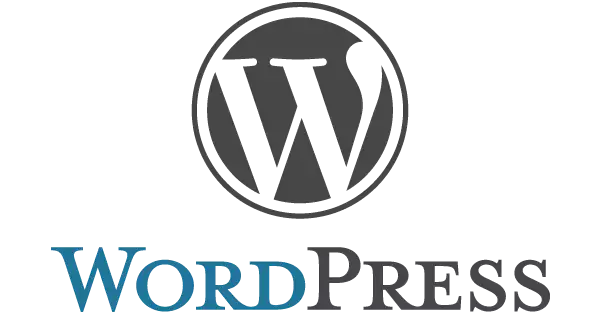
Image Source: G2
WordPress is the most used open-source content management system that powers 30% of all websites across the world. With highly effective features and ease of use, it is the perfect CMS platform to develop websites of any scale. Right from a simple landing page to an eCommerce store, WordPress.org can help you build any website without any hassles.
With numerous themes on offer and pricing plans suitable for every budget range, building a top-notch website with WordPress is extremely easy. The thousands of WordPress plugins also help you add effective functionalities to your website such as an online store, contact forms, shopping cart, social media tools, etc. WordPress also provides a drag and drop page builder feature that enables users to streamline their website creation process.
With powerful SEO tools, online store integration, user-friendly interface, and many more functionalities, these CMS platforms can be quite useful in building amazing websites. However, after comparing the features and offerings, we feel that WordPress.org is far more superior to all other CMS platforms. Being a user-friendly, customisable and open-source platform consisting of thousands of plugins and themes, WordPress is the most used platform across the world. Hence, when it comes to choosing a CMS platform to build your website, we would highly recommend using WordPress.org so that your website development process is seamless and stress-free.




